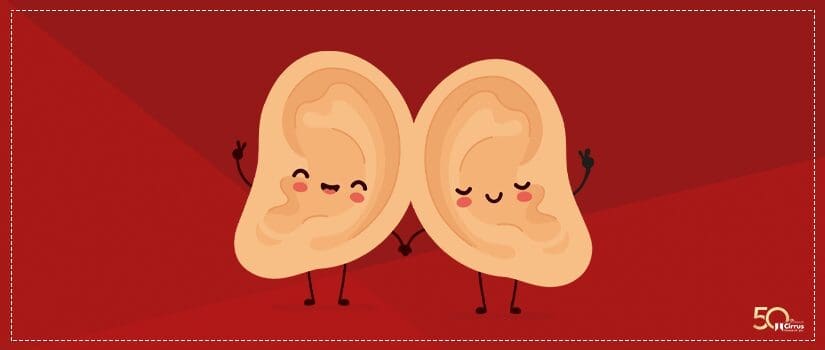This week is Mental Health Awareness Week, and during this time, it’s never been more poignant or relevant to think about our mental well-being and remember to look after ourselves and those around us. As so many people continue to self-isolate, work from home and follow the Government’s guidance by staying in as much as possible, it’s only natural that more of us will experience some sort of noise nuisance. In fact, several recent reports have indicated that there’s been a rise in the number of noise nuisance complaints being made to councils over the period of lockdown in the UK. But what does noise have to do with mental health?
A number of recent studies have shown a strong link between exposure to excessive noise levels and low-level noise disturbance, and poor mental health. Even small increases in the level of ambient noise can have a significant effect. In 2011, it was reported that scientists studying people living near seven major European airports found that a 10-decibel increase in aircraft noise was associated with a 28% increase in the use of anti-anxiety medication. Another piece of research found that people living in areas with high levels of traffic noise were 25% more likely than those living in quieter areas, to develop depression.
Newer research has also suggested a link between excessive noise exposure and Alzheimer’s disease.
If you or someone close to you is suffering, there are plenty of things that can be done to relieve the symptoms of poor mental health. Sometimes taking a little time out can be essential for our wellbeing, so don’t ever feel guilty for it. If you’re working from home, take a break – do something to take your mind off things. If you’re just staying at home or self-isolating, try learning something new or setting yourself a challenge. This can help to boost your confidence and can give you a sense of achievement. Exercise is also a great way to lift your mood, so long as you follow the social distancing guidelines as set out by the Government.
If you’re finding that you’re being disturbed by nuisance noise, be sure to speak to the correct authorities and ask them to look into it. The majority of local authorities and housing associations will still have environmental officers working, although there may be restrictions on whether or not they can enter your property, especially if you’re self-isolating with symptoms of Covid-19. We all have a right to live undisturbed lives, and we all have a right to listen to music, watch the telly and keep ourselves entertained while we’re in this period of lockdown.
The most important thing is to be aware of the noise you’re creating while you’re at home during lockdown. It may not seem loud to you, but if you have neighbours that are self-isolating, trying to work from home, or recovering from working in our key sectors, you could be having an adverse effect on their mental health without even realising it.
If you’re feeling particularly low, sometimes just spending time with friends and family can be all the therapy you need. And although it’s difficult at the moment because of the lockdown restrictions, jumping on a video chat with them can be a real help. However, if you are finding things really hard, reach out. There are so many people out there that want to help you: all you have to do is ask. For anyone who doesn’t know where to start, start here: https://www.mind.org.uk/
In the words of one of my brilliant colleagues:
“Always remember: you’re braver than you believe, stronger than you seem and smarter than you think.”



